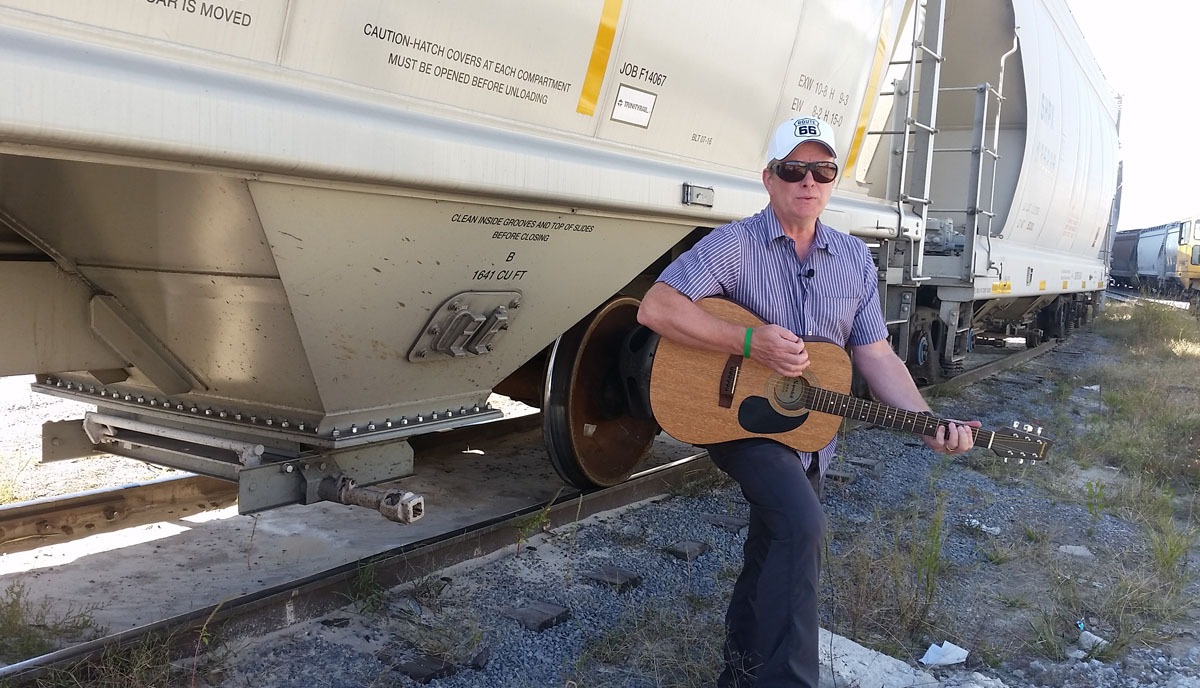When I speak to medical students and residents, their number one question is “Should I follow my passion or choose a specialty that pays well?” With so many students finishing their training deeply in debt, they are feeling a push to go into a specialty that pays better than average, thinking that it will solve their debt problem. But is that a good idea?
Since we can pick anything we can match into, why not match into one of the highest paying specialties? Why not choose orthopedic surgery, with an average income of nearly $500,000 a year, instead of family medicine which has an average income of close to $200,000 a year? If I want to be a physician and have to take call anyway, I might as well get paid twice as much for the effort. Right?
When student loans total $400,000 it can be a very tempting prospect to go for a specialty based on its high income. But is that your best decision? If you were to optimize your life, is that the choice you should make?
I recently did a financial black belt interview with the Millionaire Dojo (you can read it here).One of the questions in the interview was “Should people follow their passions or just do something practical?”
It is a slightly different version of the same question. Do we choose our specialty based on what we love to do, or do we choose to do something that pays well?
For physicians, I think it is a moot point. The reason is that all the specialties pay well. Even at the low end of $200,000, physicians are still earning three times the national average. So in relation to most of America, we are well paid in every specialty.
The premise of the question is all about making more money with our education. But I never hear the question posed as “Should we choose to live in San Francisco or Montana?” The outcome is the same as the first question. You will be able to live twice the lifestyle in Montana, where Google says the median home price is $232k, than you can in San Francisco, where Google says the median home price is $552k.
So that translates into the average family practitioner in Montana living about the same lifestyle as the average orthopedic surgeon in San Francisco. No one bats an eye when someone then says, “But I don’t want to live in Montana.” I guess where we live is seen as a more important issue than what specialty we choose.
But I think those questions have the same importance. The real issue is: What are you willing to do for money? Are you willing to live in a different state to have more money? Will you marry a richer spouse for more money? Would you do something morally repugnant for more money? Would you choose a different specialty than the one you want for more money?
When you think about it in those terms, the question takes on a new light. If you don’t want to be an orthopedic surgeon, there isn’t an amount of money that will overcome that feeling. If you do it for the money, then day after day, month after month, and year after year, you will be doing something you do not want to do, merely for the money.
How long before you will start feeling burned out in that setting?
I think that is very short sighted thinking. You should not choose your specialty solely for the financial benefits. You should choose it because you want to do it. Because you will be doing it for a long time.
For that reason, I always tell students and residents to choose a specialty they love to do. With the amount of your life you will be giving up to earn money, you might as well enjoy it. The good news is, that any specialty you choose will make good money.
This would be a different question if you were choosing between being a musician, who might make $38k a year, and a general surgeon making $320k. That was a decision I had to make when I finished recording an album during my second year of medical school. I had to choose between two things that I wanted to do. Music was more fun and medicine was more fulfilling.
I finally decided that I knew a lot of musicians who were better than me that didn’t eat so good. But all the doctors I knew ate well. That was the tipping point for me. My future would likely be much better if I pursued medicine than if I pursued music. Music had a much higher upside potential income than medicine, but very few musicians hit that level of success.
So how did I answer the question in the interview? Here was my answer.
“You should follow a practical passion. You do need to make a living, so you must do something that pays. You also need to enjoy your life and not live for the anticipation of retirement. So you must have some passion for what you do. I think you need both.
It doesn’t make since to do something your whole life that you don’t like so you can save enough money to stop doing that job. So, if you are only living for retirement, then find a job that you enjoy doing. Since you spend a very big portion of your life on the job, don’t let your job be a burden.
Do something you like to do since you will likely be doing it 40 hours a week, 50 weeks a year for 40 years. If you don’t like what you are doing, you might waste 80,000 hours of your life. Who can afford to do that?”
So there you have it, choose a practical passion. Something you can make a living at that you also enjoy. It will be a miserable existence if you are only living for retirement: The misguided notion that someday you will stop working and finally enjoy your life.
Go ahead and enjoy your life all along the way. Don’t wait until you retire. Start checking off items on your bucket list every year, since you do not know what tomorrow holds. You may not even live to see retirement. Or you might reach retirement with a disability that precludes you from checking things off your bucket list.
I chose general surgery over music and played music for fun. Ultimately, I was able to do both.
Don’t pick your specialty based on the potential income you might make. Pick based on what you want to do for the next 40 years. Your life will be a lot more enjoyable and you will still earn plenty of money.
If you made a mistake in choosing your career and now want to correct it, you might check out my book on Smart Career Alternatives. There are a lot of nonclinical options for people with initials behind their name.






The decision is a bit less straightforward than that. I found that there were interesting aspects to most specialties as I rotated through my clinicals. I chose general surgery because they fixed things “now” and because they appeared to have more fun than most other surgical services. What I didn’t know was how the nature of the specialty would effect me 30 years later. I love my work, but taking call where being up at night is common gets harder and harder. I also sweat blood and tears over sick patients who don’t complete their post-op recovery before my scheduled vacation, or patients who are deteriorating when someone else takes over call. I chose the excitement and satisfaction of responding to urgent/emergent problems and chose against a brighter line between work and all other aspects of life. Right now I’d trade the last 5 years of practice for 5 years of additional training and a nice job in pathology. One lives life prospectively and enjoys clarity retrospectively. I agree that one should consider things other than money in choosing a specialty; it’s asking the right questions of onesself that matters most. Many trainees are following inspirational mentors who say “do as I do, be as I am, and you’ll be fulfilled”, whereas some of the most important questions are “how and where did I grow up, what brings me joy outside of work, how will work integrate into my family obligations, etc?”. If we can do anything for young ones coming up, it’s helping them ask the questions that matter MOST in life, and choice of specialty is actually a few lines down from the top.
Thanks for your comment. I believe the difficulty of being up at night as I got older was a big influence in my choosing to leave medicine. It got harder to recover as I aged.
You speak the truth Cory.
The wrong specialty that is not fit for a particular personality will only cause that individual to burn out faster and in the long run make less money over one’s career.
I went into general surgery residency and in year 2 decided it was not for me. It was a very hard decision to come to grips with the fact that I chose wrong and had to essentially start over, but in the long run switching to radiology was the best decision I made.
Glad you found the right fit.
I live in Montana and love it! We are on a little 10 acre place here that costs what a one bedroom condo goes for in SF. Who the hell would want to live in SF??? That’s the question!